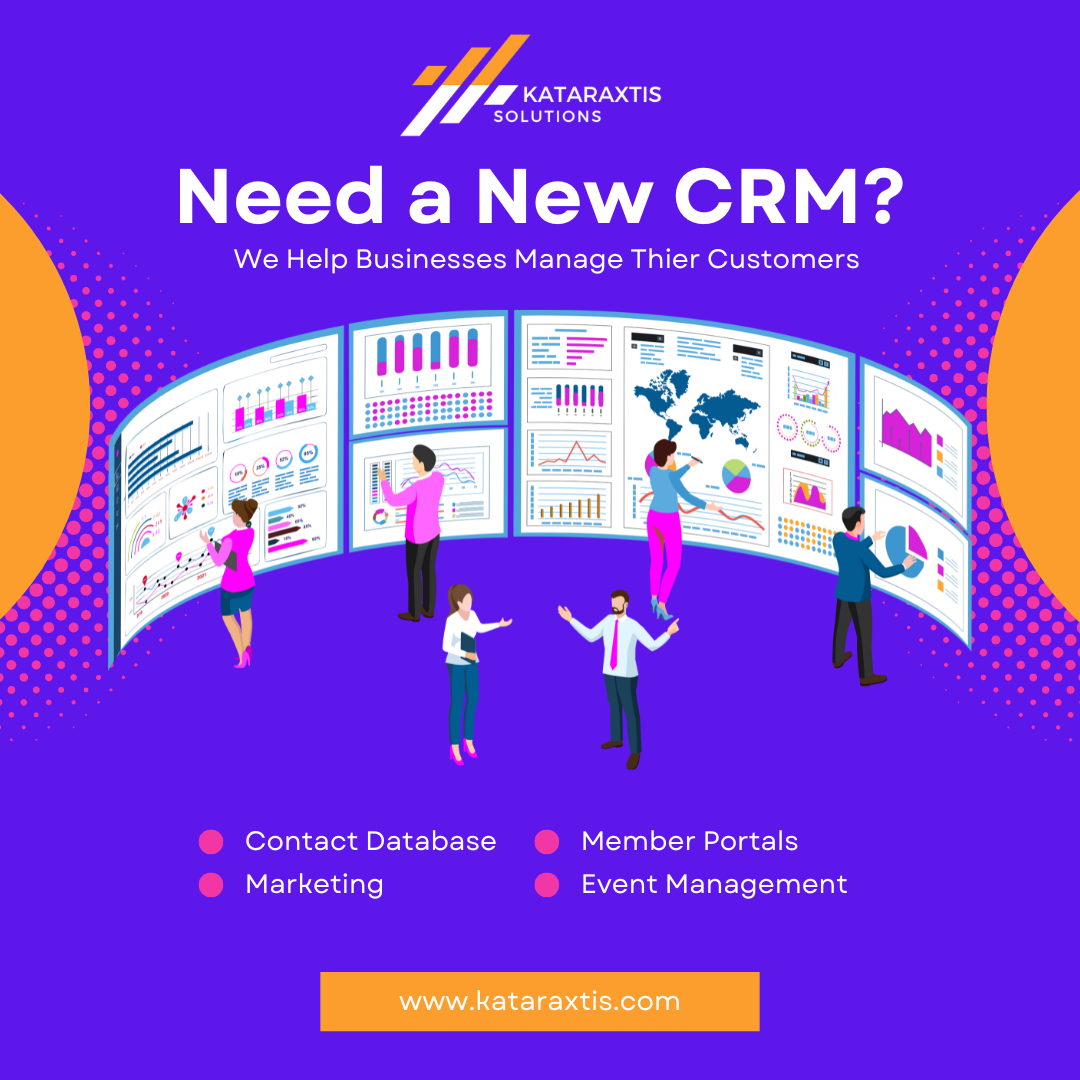Why Your Organization Might Need to Upgrade Your Database/CRM
A Customer Relationship Management (CRM) system is more than just a database—it’s a centralized hub for managing customer data, streamlining processes, and driving business success. As your organization grows or evolves, your current CRM or database solution may no longer meet your needs. Here are key signs that indicate it’s time to upgrade your CRM to better support your business goals.
1. Struggling to Keep Up with Business Growth
If your organization is finding it difficult to manage an increasing volume of leads, customers, or data, your current CRM may be holding you back. An outdated or inadequate system can lead to missed opportunities, disorganized data, and inefficiencies. Upgrading to a modern CRM allows you to sort, analyze, and prioritize leads effectively, enabling your sales team to focus on high-potential opportunities and your service team to deliver timely, accurate support. A robust CRM scales with your business, ensuring you can handle growth without losing momentum.
2. Difficulty Building Comprehensive Customer Profiles
Without a centralized and updated CRM, gathering and organizing customer data becomes a challenge. If you’re relying on fragmented systems or manual processes, you may lack visibility into critical information, such as customer interactions or your sales team’s activities. This makes it nearly impossible to build accurate customer profiles or understand your ideal customer. An upgraded CRM consolidates all data points into a single platform, providing clear insights into customer behavior and enabling data-driven decisions.
3. Slow Response Times to Customers
In today’s fast-paced market, customers expect quick and proactive service. If your team is reacting to issues rather than anticipating customer needs, your CRM may lack the tools to empower your staff. An advanced CRM provides a unified view of each customer, equipping service reps with the information needed to resolve issues efficiently and offer personalized upsell or cross-sell opportunities. Upgrading ensures your team can deliver exceptional service, improving customer satisfaction and loyalty.
4. Lack of Collaboration Between Teams
When marketing, sales, and customer service teams operate in silos, customers suffer from disjointed experiences—repeated requests, unfulfilled promises, or lack of awareness about their history with your brand. If your current CRM doesn’t facilitate seamless data sharing, it’s time for an upgrade. A modern CRM aligns departments by providing a shared data model, enabling cross-functional collaboration. This ensures everyone has access to the latest customer insights, resulting in a cohesive customer experience and improved internal efficiency.
5. Inability to Leverage Data for Strategic Decisions
An outdated CRM may store data but fail to provide actionable insights. If your reporting capabilities are limited or your team spends excessive time piecing together information, you’re not fully capitalizing on your data’s potential. Upgrading to a CRM with customizable dashboards, automated workflows, and advanced analytics empowers your organization to identify trends, optimize processes, and make informed decisions that drive revenue and growth.
6. Your Current System Lacks Flexibility or Integration
As your business evolves, so do your technology needs. If your CRM can’t integrate with other tools—like your finance system, marketing platform, or web portal—or lacks customizable workflows, it may be hindering your operations. An upgraded CRM offers flexibility to tailor forms, processes, and integrations to your specific requirements, ensuring it aligns with how your business manages customers.
Why Act Now?
Continuing to rely on an outdated or underperforming CRM risks inefficiencies, lost sales, and frustrated customers. Upgrading to a modern, fully integrated CRM not only addresses these pain points but also positions your organization for long-term success. By streamlining processes, enhancing collaboration, and providing deeper customer insights, a new CRM can transform your business into a data-driven powerhouse, ready to meet the demands of today’s competitive landscape.
Ready to transform your association’s member management?
Dynamics CRM is the tool you need to save time, boost engagement, and grow your membership. Let Kataraxtis Solutions guide you through the process with expertise and care. Contact us today to schedule a demo and discover how we can help you win your first client—and many more.
Kataraxtis Solutions: Your Microsoft Dynamics CRM Partner for Association Success

